In the murky chaos of film criticism, we often lose sight of what truly matters – that is, until a film like “The Gang of Four” (1989) hits the scene and leaves us catching our breath. Directed by the avant-garde savant Jacques Rivette, the film, much like a discordant modern drama, does not shy away from baring its soul, laying bare its emotional core in all its raw, unabashed glory.
![The Gang of Four (1989) [Cohen Collection Blu-ray review] 2 The Gang of Four (1989) [Cohen Collection Blu-ray review] 1](https://andersonvision.com/wp-content/uploads/2023/05/gang-of-four-blu-ray-cohen-1.jpg)
Rivette plunges into a deceptively tranquil Parisian setting, his lens trained on four female theatre students sharing a flat. The dynamics between the foursome, each an ode to a different school of acting, is the film’s haunting melody, its rhythm guided by the undercurrent of tension, deceit, and mystery that hangs heavy over the narrative.
What Rivette has essentially done is stage a punk concert of emotions within a domestic setting, one where the actors don’t just play their parts – they live them, they breathe them. You feel this isn’t merely a film, it’s an experience – raw, tumultuous, and profoundly affecting.
The screenplay by Pascal Bonitzer and Christine Laurent is not so much a blueprint as it is a launchpad for improvisation. Aided by William Lubtchansky’s cinematography, the narrative unfolds in an unpredictable, often bewildering, series of events, with Rivette’s voyeuristic camera observing the chaos, much like a spectator in a mosh pit.
![The Gang of Four (1989) [Cohen Collection Blu-ray review] 4 The Gang of Four (1989) [Cohen Collection Blu-ray review] 3](https://andersonvision.com/wp-content/uploads/2023/05/gang-of-four-blu-ray-cohen-2.jpg)
Each actress – Bulle Ogier, Benoît Régent, Laurence Côte, and Fejria Deliba – delivers a stunning performance that feels as spontaneous and intimate as a late-night jam session. They embody the essence of their characters so well, it’s hard to tell where the actor ends and the character begins.
“The Gang of Four,” in all its mercurial glory, is an echo of the belief in the power of cinematic noise. It throws you off balance, challenges you, and asks questions that you might not have the answers to. But isn’t that the whole point of art – to unsettle, to question, and to provoke thought? Rivette’s film does precisely that – it’s a cinematic noise experiment that, much like the best of 80s French Cinema, leaves you rattled and, at the same time, yearning for more.
![The Gang of Four (1989) [Cohen Collection Blu-ray review] 6 The Gang of Four (1989) [Cohen Collection Blu-ray review] 5](https://andersonvision.com/wp-content/uploads/2023/05/gang-of-four-blu-ray-cohen-3.jpg)
The Cohen Collection brings The Gang of Four to Blu-ray
The Gang of Four Blu-ray from the Cohen Collection comes with a ton of special features. You get an audio commentary track and re-release trailer. But, at no time does the commentary mention what I discovered watching this film for a second time. It’s a rather mature film in the same vein as John Tucker Must Die. While making a movie about young women seeking revenge against the men and authority in their life isn’t new, the similarities are striking.
Do I care to go into them? Hell, how many people even remember John Tucker Must Die? How many people am I irritating by talking about an 00s teen comedy over a pinnacle film in Rivette’s body of work? The Gang of Four is an attempt at carrying the wave of the French New Wave past the death of Truffaut.
However, it’s also disappearing up itself so much at times that it dares to alienate anyway that approaches it. So, I compare it to an 00s teen comedy to give the casual viewers framework to approach The Gang of Four. But, that’s the kind of thing I do for you all. I want everyone to meet film on the same level.
The A/V Quality is pretty sharp with a DTS-HD 2.0 master audio stereo track and a crisp 1080p transfer that shows off its age. The Gang of Four has never looked better than it does on Blu-ray from Cohen.
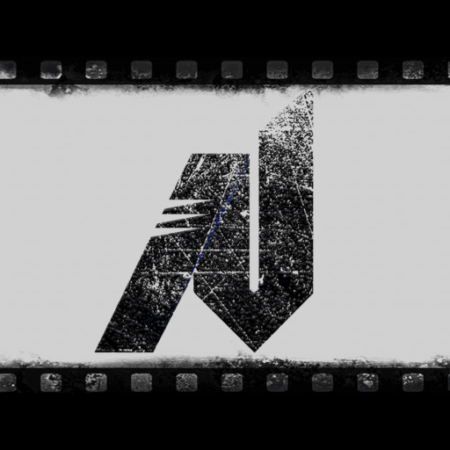
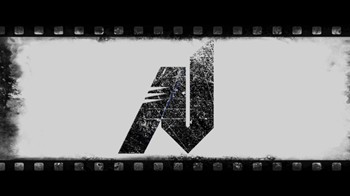
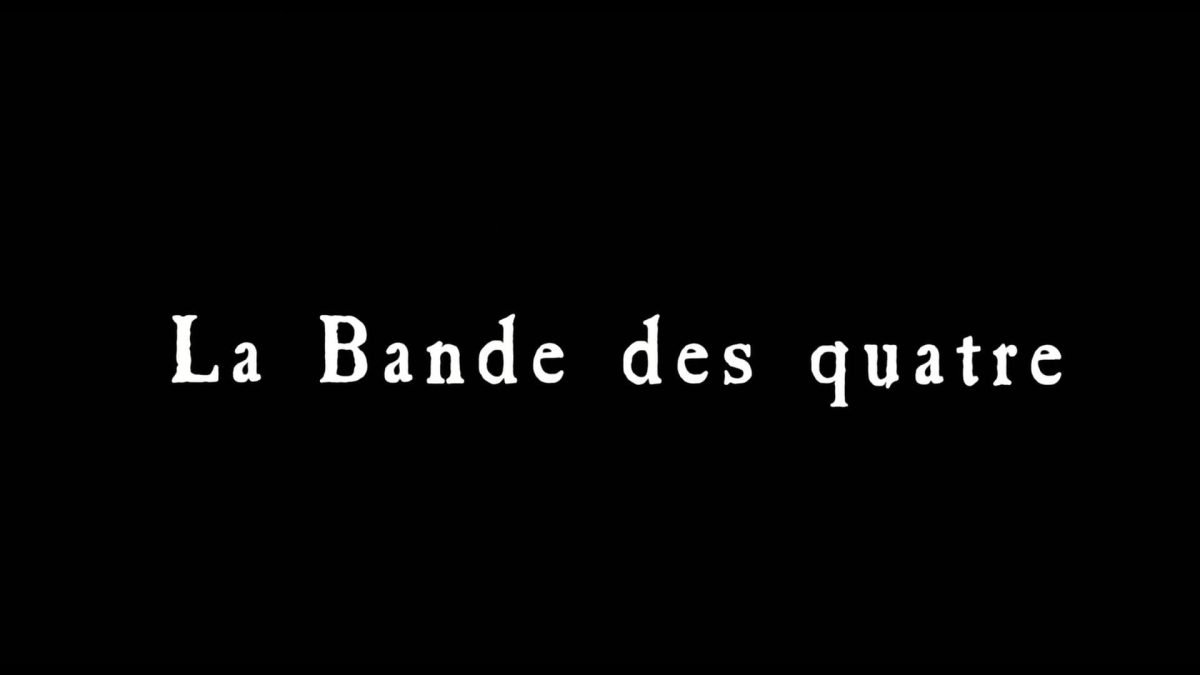
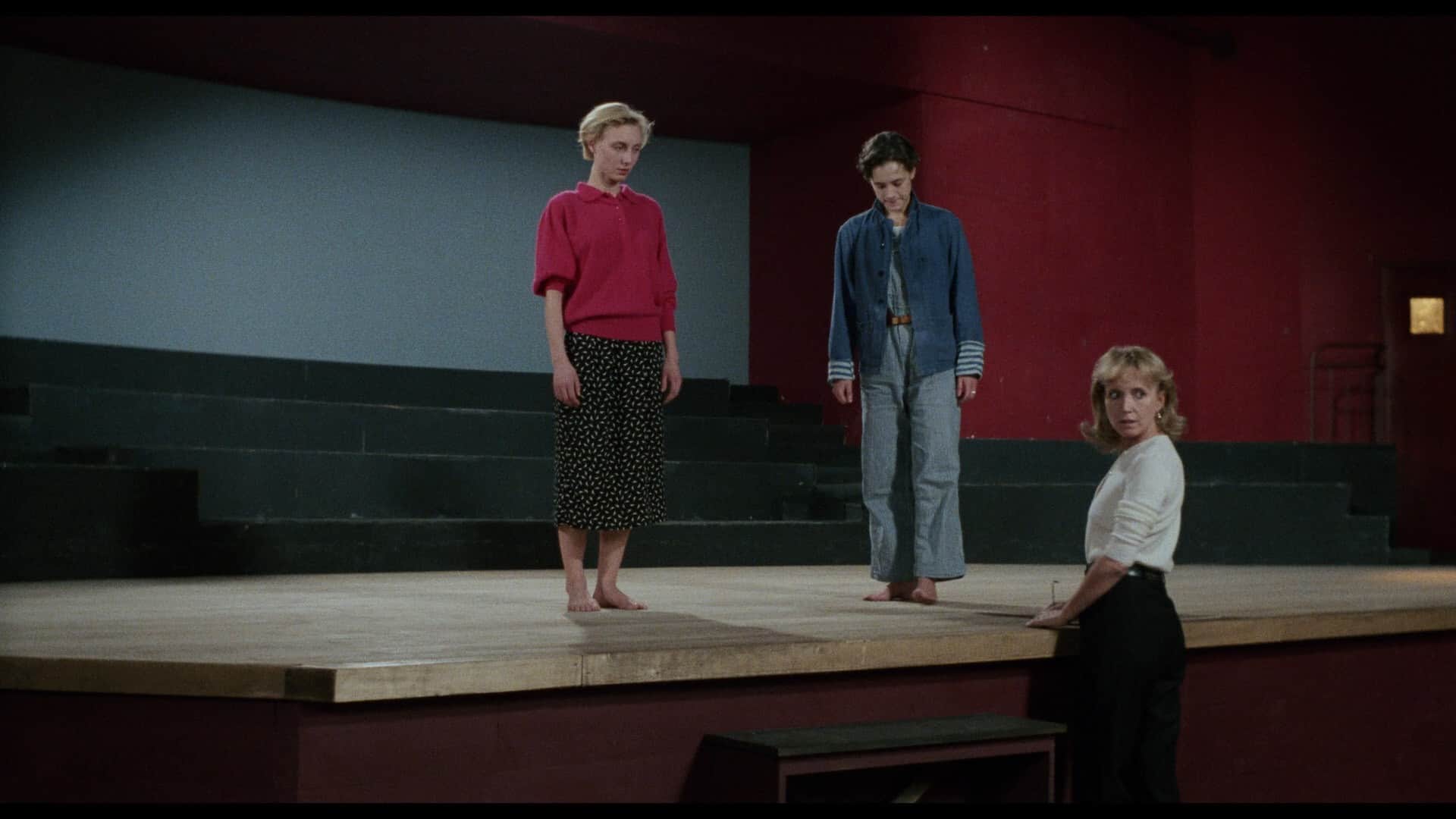
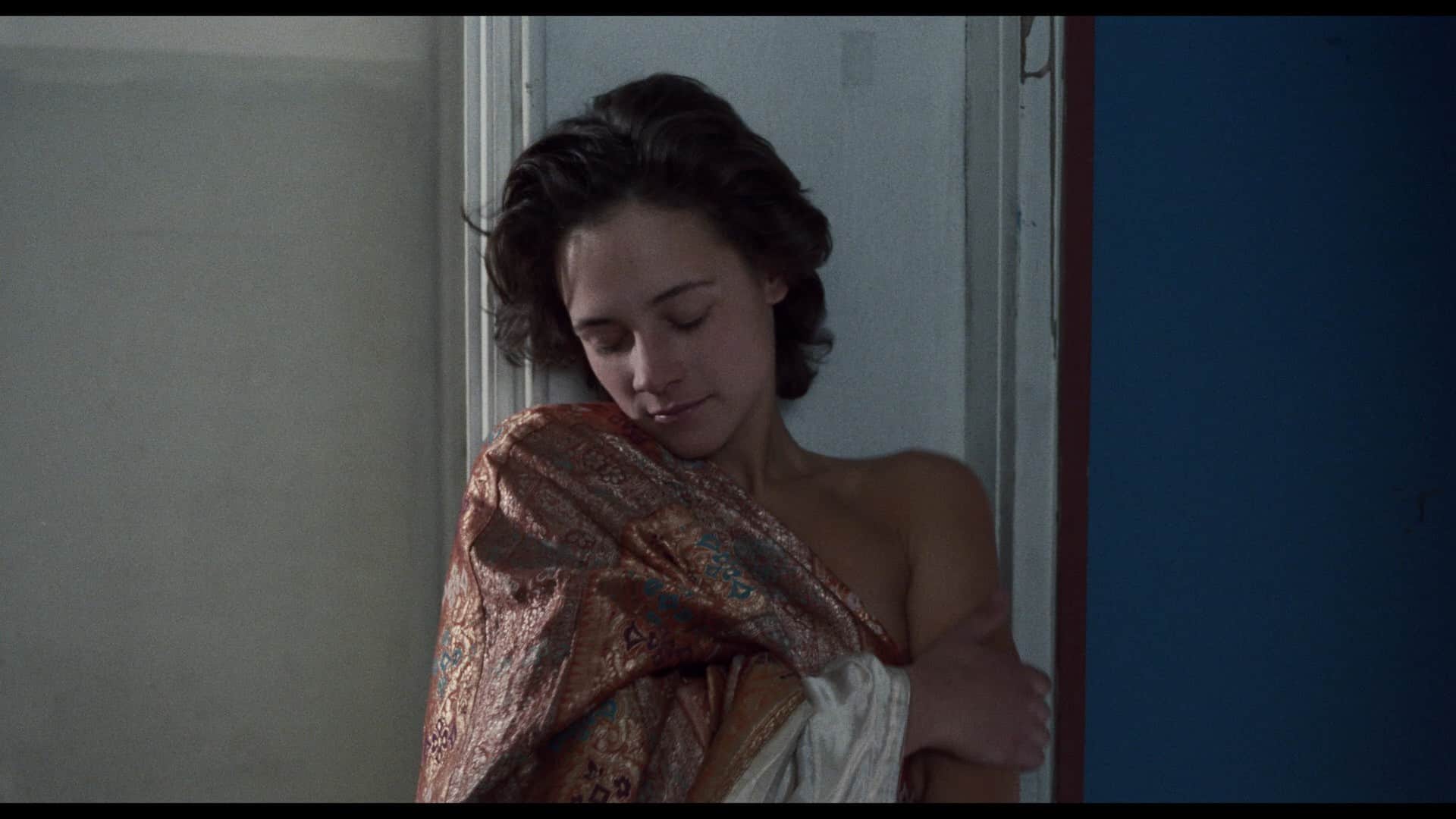
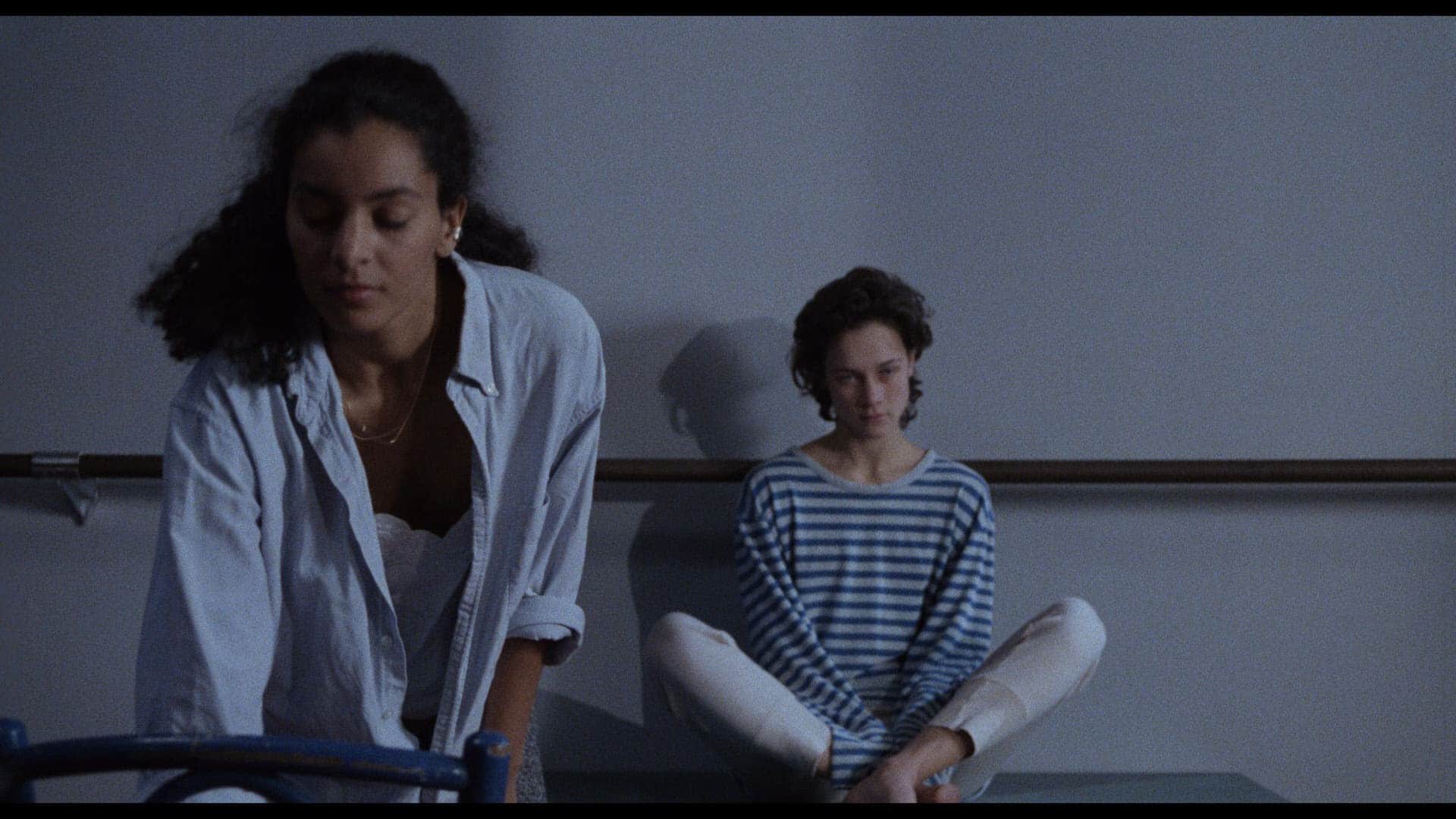
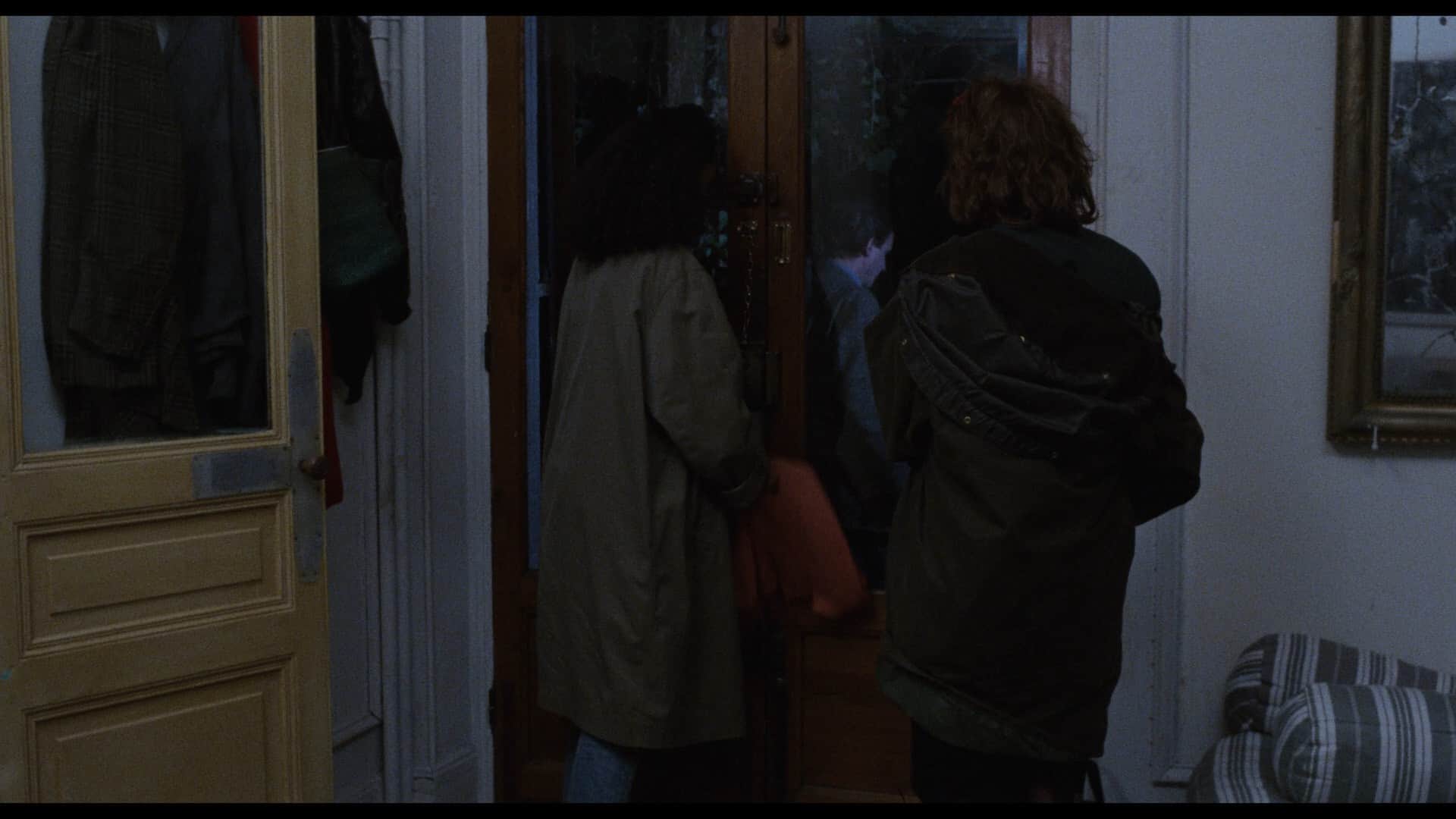
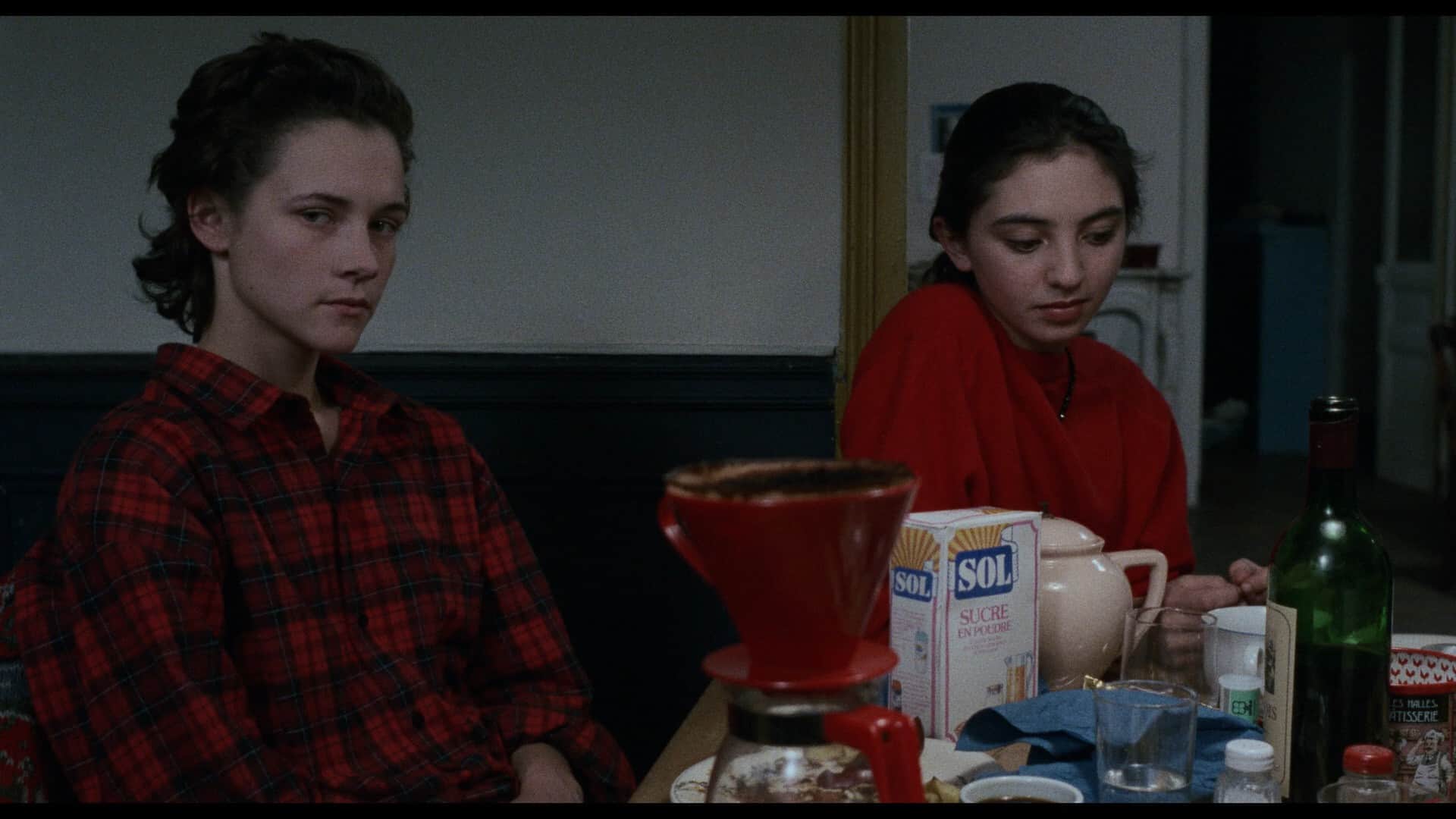
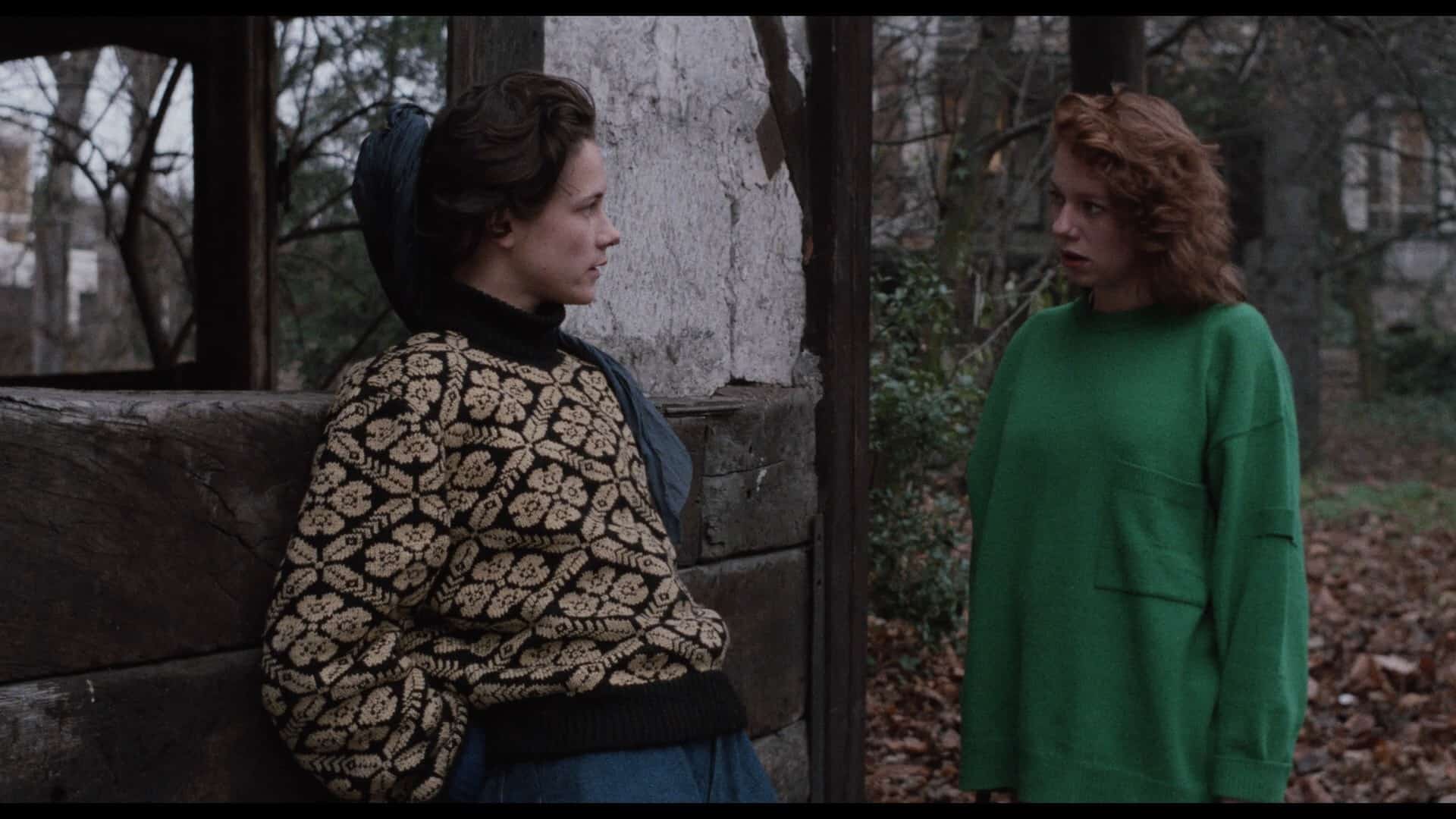
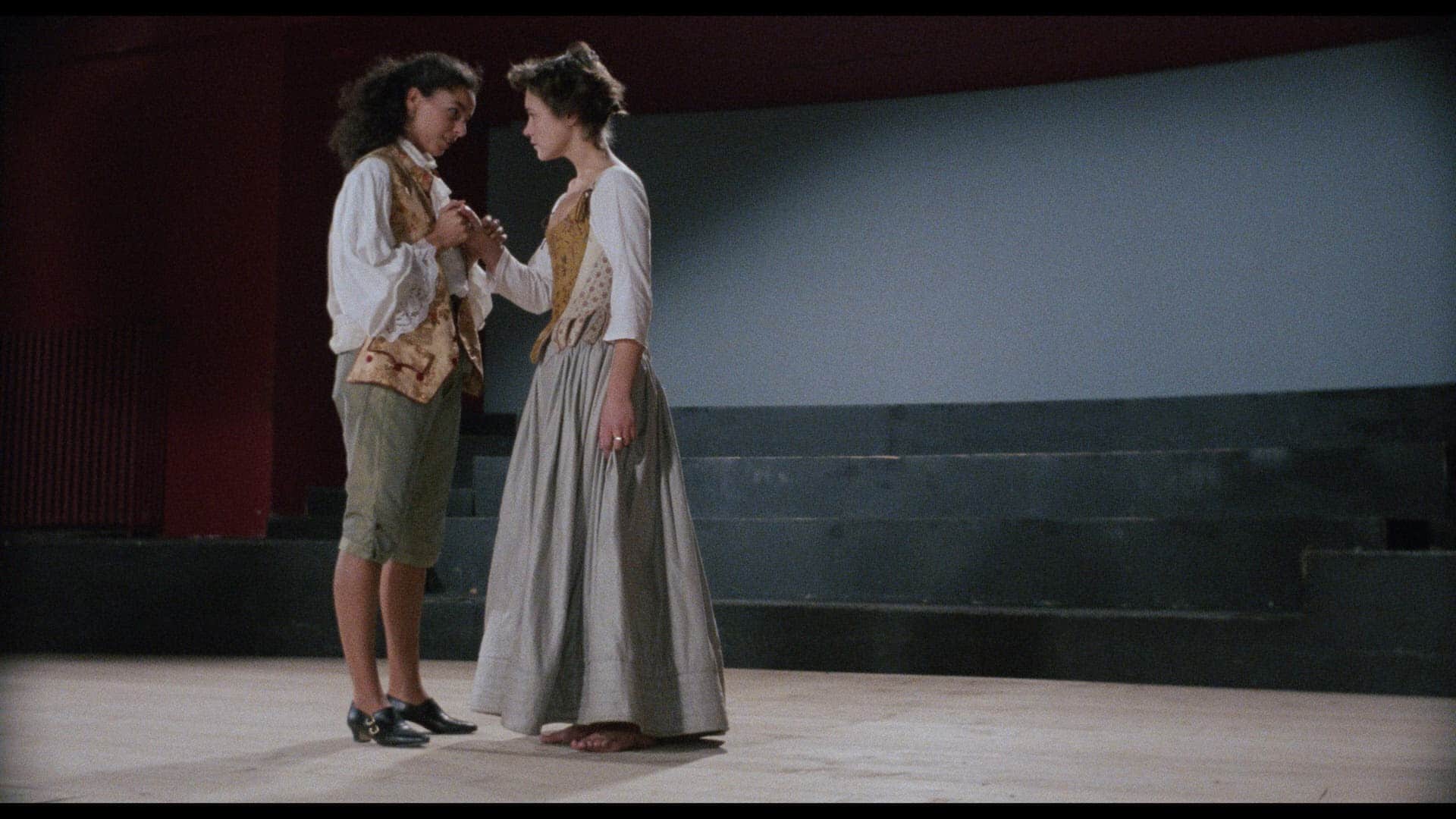
1 Comment
Entre Nous (1983) [Cohen Collection Blu-ray review] | AndersonVision